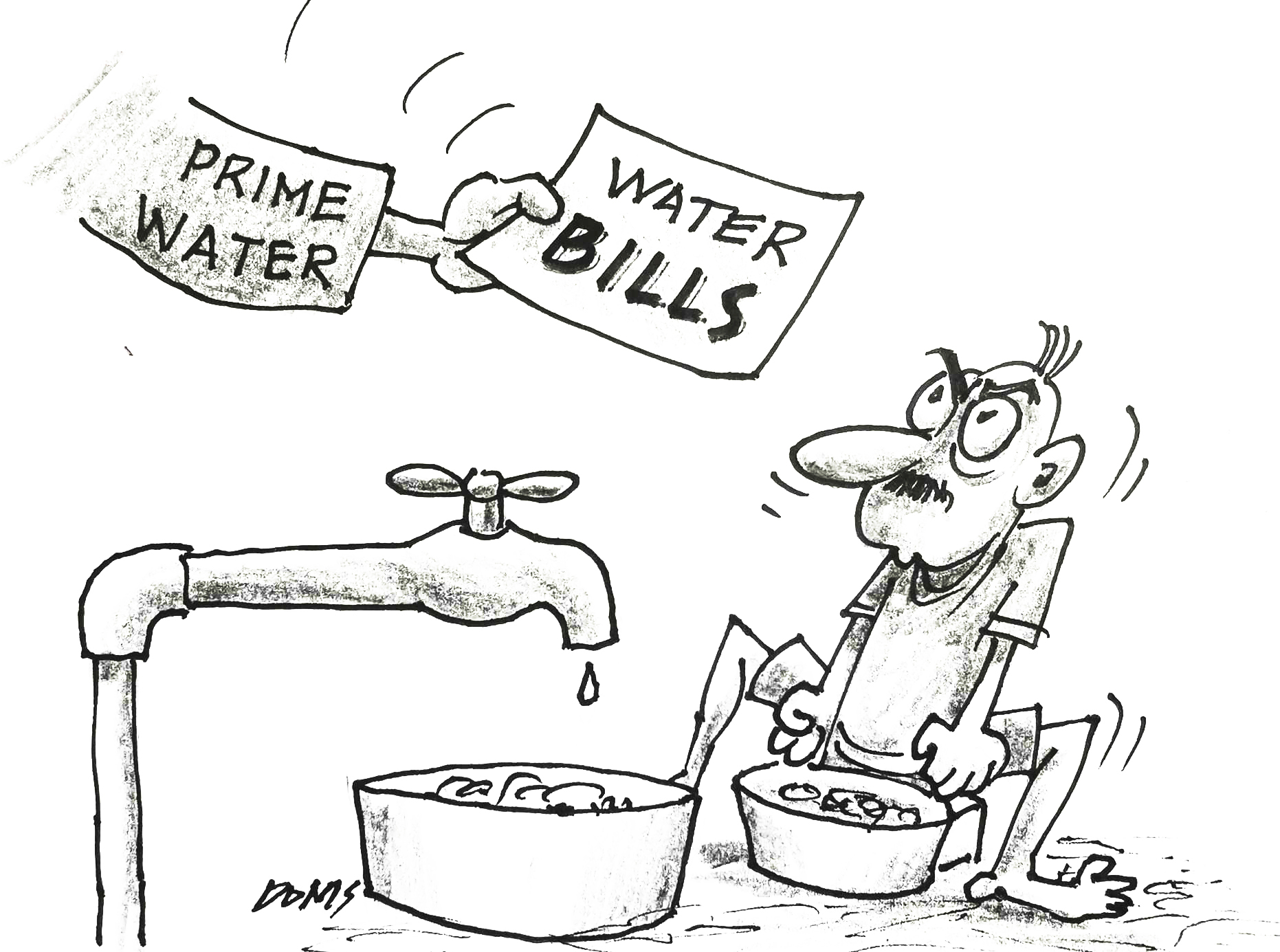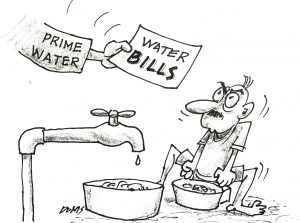The scarcity to no-supply of water in Tacloban City and nearby places has become a persistent headache for many residents. This problem has just worsened with the recent drought affecting many parts of the country. People are paying for their water bills, yet they do not get the water that they deserve to get as consumers. The water supplier is obviously not doing what it should to remedy this crisis, given its prevalence.
There are, however, possible factors contributing to the water crisis in the city, one of which is the proliferation of water refilling stations. These businesses, while providing an alternative source of drinking water, may inadvertently be putting a strain on the city’s overall water supply, siphoning it to their storage tanks. The increased demand for purified water could be diverting resources away from household consumption, leading to frequent shortages in residential areas. This raises critical questions about the management and distribution of water resources in Tacloban, necessitating an urgent review by local authorities and water management entities.
The existence of water refilling stations cannot be the sole reason for the city’s water woes. The infrastructure supporting water distribution in Tacloban has long been inadequate, suffering from neglect and a lack of investment. Prime Water, as the supplier responsible for ensuring a consistent water supply, must address these infrastructural deficiencies. The company’s rapid collection of payments contrasts sharply with the poor quality of service provided, a disparity that has understandably fueled public frustration.
The ongoing drought has undeniably intensified the water crisis, but it should not be used as an excuse for the longstanding issues plaguing Tacloban’s water supply. Prime Water must adopt a certain approach, investing in sustainable water management practices and infrastructure improvements. This includes upgrading pipelines, implementing efficient water usage practices, and exploring alternative water sources such as rainwater harvesting and desalination. Somehow, these can mitigate the impact of droughts and ensure a more resilient water supply for the future.
Indeed, the people of Tacloban deserve reliable access to one of life’s most basic necessities: water. This current situation, marked by frequent shortages and poor service quality, is unacceptable. Prime Water must prioritize resolving these issues, ensuring that their services align with the needs and expectations of the community. Only through these efforts can Tacloban hope to overcome its water challenges and secure a stable and sufficient water supply for all its residents.





